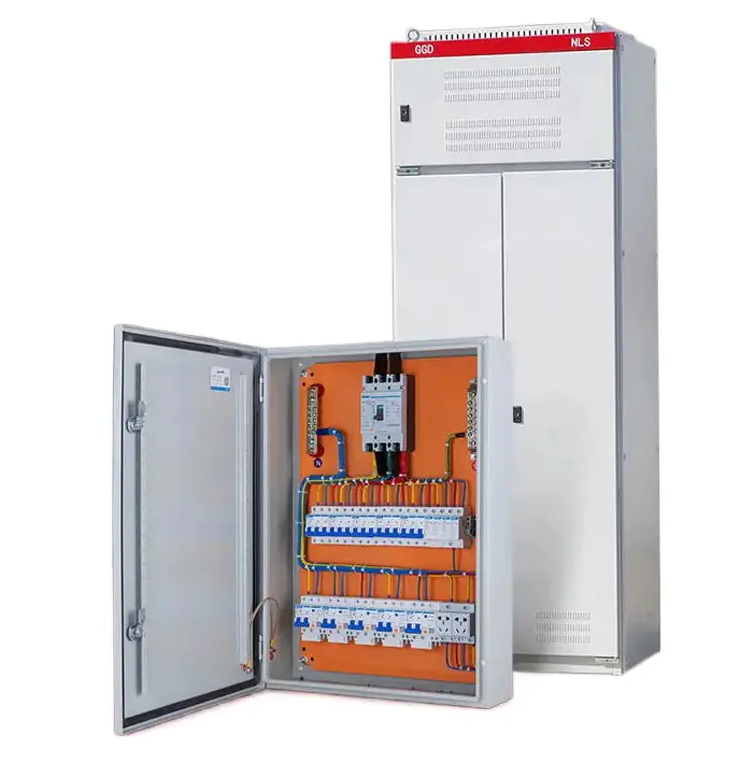A drop-out fuse is a type of fuse commonly used in electrical systems to protect circuits from overloads and short circuits. These fuses are designed to disconnect the circuit when a fault occurs, preventing damage to the equipment and ensuring the safety of the electrical system.
Drop-out fuses are typically used in medium-voltage distribution systems, especially in outdoor applications. They are often found in overhead power lines, where they provide protection for the entire circuit. The fuse works by melting when the current exceeds the rated value, causing it to drop out of the circuit and interrupt the flow of electricity.
The key advantage of a drop-out fuse is its ability to operate without the need for manual intervention. Once the fuse is blown, the system is automatically disconnected, reducing the risk of further damage to the electrical system. Additionally, drop-out fuses are designed to be easily replaced, allowing for quick restoration of power after a fault.

